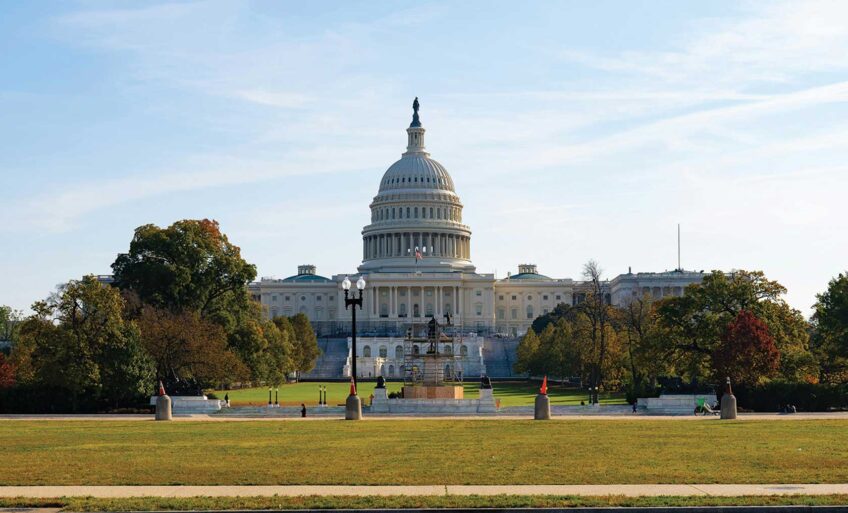Prison reform is needed now – not later
Last month our community learned about the resignation of the Massachusetts Department of Correction (DOC) Commissioner Harold Clarke. It is very unfortunate that Clarke is leaving our state at a time when leadership within the DOC is so greatly needed.
Clarke came to our state with what seemed to be the mindset of a reformer. At least six correction officers were fired due to unprofessional conduct and some forms of abuse. In addition, we saw the first meaningful community meetings take place behind the walls at MCI Old Colony State Prison. Moreover, under Clarke’s leadership, more educational programs such as with UMass Boston were being developed, including the Video Project “Voices From Behind the Walls” which was formed by inmates.
It is also unfortunate that he left on the eve of the gubernatorial election. The communities of color need prison reform more now than ever. While we do respect every man’s decision, we think the timing of his resignation was a poor choice.
As clergy we are very cognizant of the high rate of incarceration among men of color and in particular black males. We believe that criminals should pay their debt to society, but while doing so they should not be subjected to abuse of any kind.
Rev. Dr. Martin Luther King Jr. once stated: “Injustice anywhere is a threat to justice everywhere.”
We believe if prisoners are not given the proper resources for rehabilitation we will have more deviant and angry persons being released back into our communities. We would like to see a decrease in crime, violence and homicides within the Commonwealth of Massachusetts and especially Boston.
Some of the violence we see on our streets is the result of individuals whose lives have not been changed upon release from jail or prison.
If the DOC really wants to see prison recidivism decrease, they must make a true concerted effort by providing meaningful educational programs, increasing self help groups and holding everyone accountable. If correction officers are conducting themselves in an abusive or unprofessional manner then they need to be dealt with accordingly.
As clergy we have a moral obligation not to ignore violence and allegations within our society. As Jesus said in Matthew: “For I was hungry and you gave me nothing to eat … naked and you did not clothe me, sick and in prison and you did not visit me.”
Therefore we should be involved in promoting redemption behind the walls. Prisoners should be treated with a greater sense of humanity and it will help to reduce violence upon their release.
Approximately 97 percent of prison inmates are coming back to our communities; we need to reach them by increasing prison volunteerism and teaching them more meaningful skills. We cannot ignore our family members and friends who are incarcerated. Moreover, we admonish all incarcerated not to forget to connect with local clergy upon their release date.
They should stay true to their jail house salvation and not forget to give back by supporting their communities.
We hope that the next commissioner will be a reformer and even welcome an oversight committee. Such a group would be beneficial to all involved in our prison system. There are resourceful ways in the midst of budget cuts that we can give of our time and talents to fight against the high rates of incarceration and recidivism.
We believe the coming generations are counting on our leadership to make a positive and indelible impact upon our society. Everyone should be concerned and get involved in prison issues especially those whose communities are being adversely affected by violence.
It is time that we unify ourselves and make a mark of rehabilitation that can not be erased. We need to recommit ourselves to teaching our youth to embrace a strong spiritual and moral foundation which will keep them from going down the prison pipeline.
Pastor W. E. Dickerson II
Greater Love Tabernacle
Rev. Emanuel Hutcherson
Greater Love Tabernacle/Future Hope Apprenticeship Program
Minister Don Muhammad
Nation of Islam






